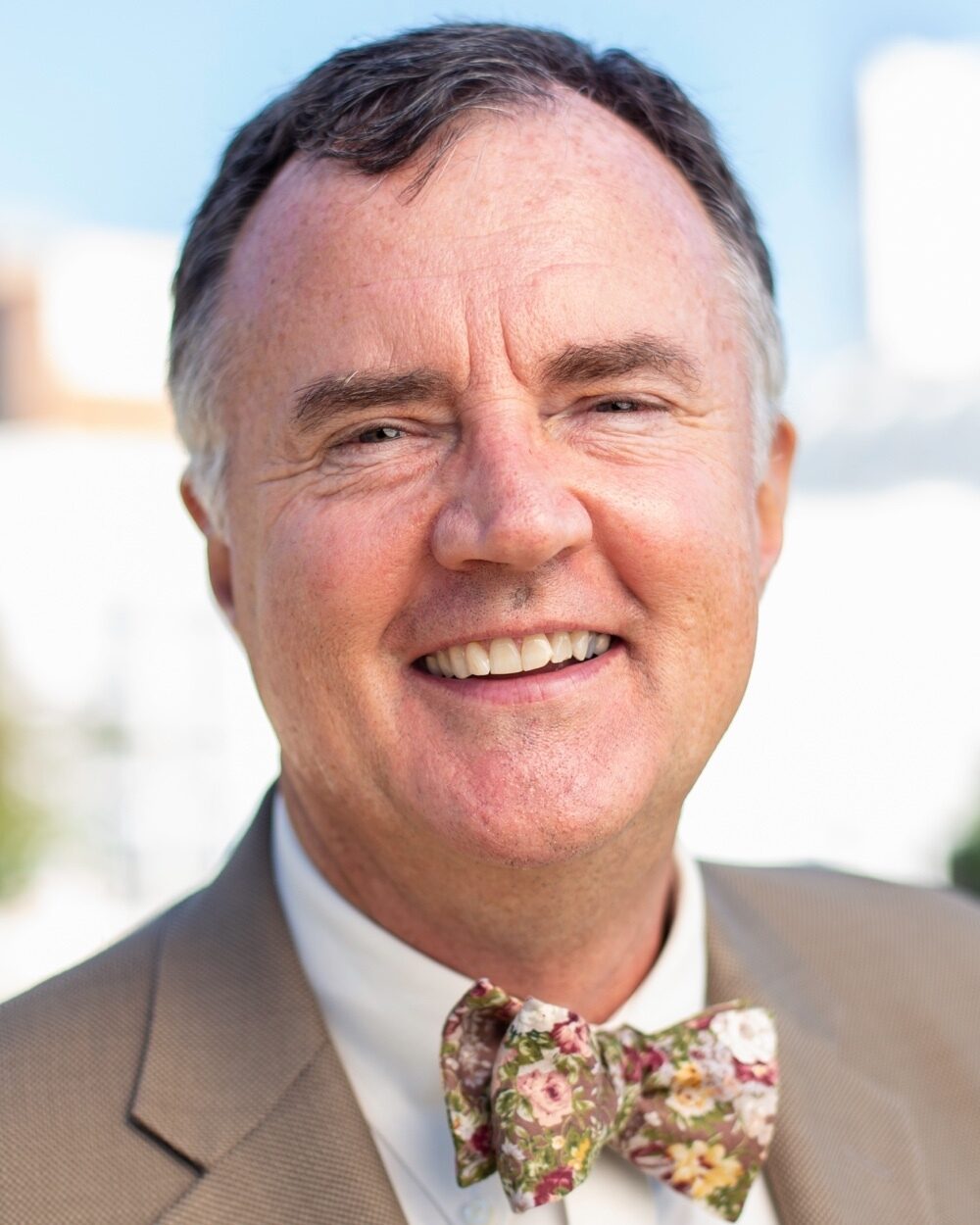
This post by Brian Fogle, President and CEO of the Community Foundation of the Ozarks (CFO), originally appeared in CFO’s The Philanthropist newsletter.
2011 Tornado Catastrophe
Nine years ago this month, an EF-5 tornado hit Joplin. Some 160 perished, and more than 1,100 were injured. The storm caused nearly $3 billion in damage. We had been involved in natural disasters before, but nothing of this scope. We granted and distributed nearly $13 million for that awful event, and learned so much about community recovery. Those lessons have helped to inform our current work on this COVID-19 emergency … a completely different kind of disaster.
We made our final grant for Joplin’s recovery on the fifth anniversary of the tornado, which goes to show that recovery is a long, deliberate process. Our work there also built lasting relationships that endure to this day. Joplin not only survived, but it has prevailed in the years since.
Peer Learning Cohort
Our partnership with the Margaret A. Cargill Foundation led to the formation of a cohort of 18 other community foundations active in disaster across the Midwest. We’ve developed deep friendships and gained insights from those colleagues. We’ve visited their communities, which also were severely impacted by natural disasters — from floods in Fargo and Cedar Rapids, to tornadoes in Oklahoma City — and learned about their experiences. There were unique challenges in each, but also several commonalities. There was certainly much physical destruction of public and private property, but a shared experience was the damage to the civic infrastructure as well.
In nearly every community, there had been a coming together and single purpose after the initial shock faded. “We’re going to beat this … together.” There was a common enemy: the disaster. But as the recovery was inevitably delayed, as it always is, nerves frayed, finger pointing increased, sides were taken, and many leaders were voted out, quit, or were fired. It is yet one more impact that leaves a legacy after a disaster. I think it would be a fascinating case study for a sociologist to research. Short of that, however, I have my own opinions.
Maintaining a Balanced View
The messages we hear after a disaster are necessary ones: be strong, be tough, fight through it, be resilient. We need those traits to motivate and drive us to keep going forward and persevere. But we need more than just brute force and iron will. I wish there were calls for equal measures of patience, kindness, regard and understanding. My personal hope is that we hear “Grace” more, and “I demand” less.
Community leaders have more information than most other folks do, and more perspectives to balance. The good ones — and we have good ones here in our community and region — consider many facts and opinions before making extremely tough decisions. With such uncertainty, there is seldom a “right” answer. Recovery is more threading a needle than it is solving an equation.
Reflection on What is Needed
My friend Clay Goddard, our tireless health director for Springfield-Greene County, has shared that he’s more concerned about the opening up of our community than he was the closing down. We’re losing patience, we’re stressed from losing jobs and income, and we’re traumatized by our world being turned upside down before our very eyes. This has gone on for over two months, and we’re ready for it to be over. I get that.
As we learned in other community recoveries, in the coming weeks, months and years, we will need toughness, strength and resilience to see our recovery through. We will also need a lot of financial resources, philanthropy and leadership, and we are committed to continue our own COVID-19 efforts to help our communities during this time of historic need. But we also need a strong measure of patience, kindness and understanding. Let’s give ourselves and each other a break. If we feel anger, then let’s be angry at the coronavirus. That’s our enemy.
I’ll leave with a quote from a favorite author, Anne Lamott:
“I do not at all understand the mystery of grace — only that it meets us where we are but does not leave us where it found us.”
Be safe, be well, and be kind.
Community Foundation of the Ozarks is a public foundation serving the Missouri Ozarks. CFO serves a 58-county network of donors, affiliate foundations, nonprofit partners, and professional advisors through more than 3,000 charitable funds. CFO's mission is to enhance the quality of life in our region through resource development, community grantmaking, collaboration, and public leadership. Learn more at cfozarks.org.
